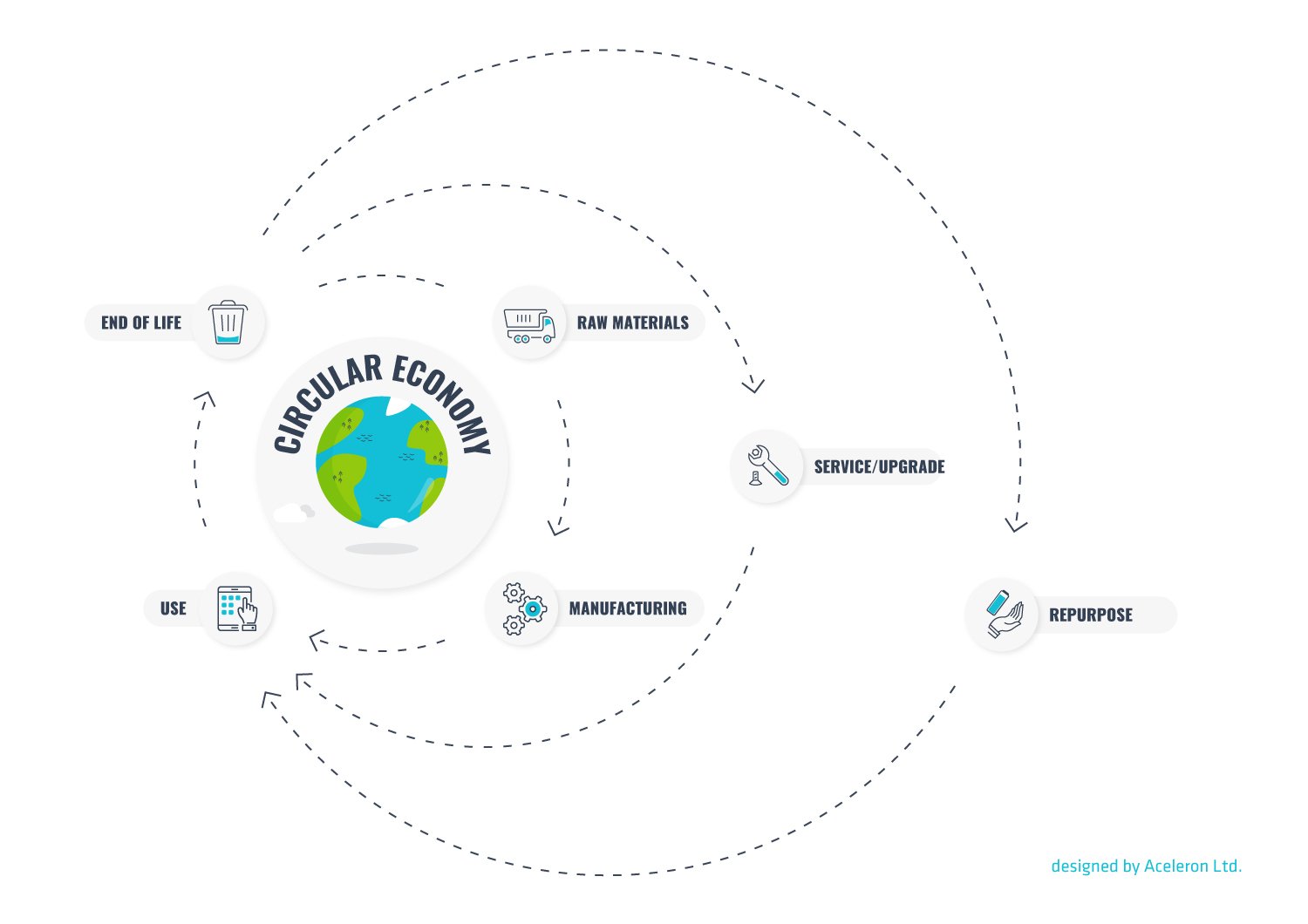The COVID-19 pandemic has changed our perception of what is normal and acceptable. It has forced us to re-examine our health and societal welfare systems, and reinforced the importance of the vital systems at the heart of our economies.
Green energy is now at an all-time high, with the UK achieving its longest period ever without coal – 2 months and counting! This year, renewables have generated more electricity than fossil fuels and there is real hope that by the end of 2020, renewable energy will have overtaken fossil fuel generation for good.
Enjoy 12 months of exclusive analysis
- Regular insight and analysis of the industry’s biggest developments
- In-depth interviews with the industry’s leading figures
- Annual digital subscription to the PV Tech Power journal
- Discounts on Solar Media’s portfolio of events, in-person and virtual
Global disruptions have always fostered booms in innovation and COVID-19 is no different. Now, the innovators at the forefront of energy and green technologies must create solutions faster than ever to help to solve this monumental global challenge and Build Back Better.

‘Building back better’
As the conversation now turns to how we can recover economically, we must also address the other burning global disruptor; the climate emergency.
COVID-19 has exposed the brittleness of a global economy built around the excessive burning of fossil fuels and a linear consumption model of use, discard and replace. Now the discussion is turning to ‘Building Back Better’, a movement focussed on redesigning the global economy in the wake of this crisis, which prioritises sustainability and empowers us with the ability to tackle climate change. But what does ‘Better’ really mean?
Fortunately, there is a ready-made model that we can look to – the circular economy. Circular principles enable products to be reused, updated or repurposed rather than replaced, ensuring greater resilience, huge waste reductions, financial savings and, most of all, long-term sustainability.
Building circularity into energy storage
Renewable energy will of course be the cornerstone on which we ‘Build Back Better’. But – due to their intermittency – renewable energy technologies need the support of battery storage for when the sun isn’t shining, and wind isn’t blowing.
Battery storage is vital. However, the lithium-ion or lead acid batteries traditionally employed are usually welded or glued together, making individual components difficult to replace. If one part fails, the whole battery is usually thrown away – often with more than 80% of its potential life left unused.
We can gain a lot of benefits through applying the circular economy model to the lithium battery. By being able to repair, repurpose and reuse the components within the battery pack prior to recycling, it is possible to maintain and service batteries rather than replace them, reducing both waste and cost over time.
What’s more, circular economy batteries also support the green jobs sector. The UK Chancellor, Rishi Sunak, has recently called for a ‘green jobs revolution’ to spearhead the country’s economic recovery. Fostering battery repair specialists in the same way that the repair garage sector works for vehicles, would support the growth of a skilled employment market centred around energy and clean technology.
By utilising innovative solutions like circular economy batteries, we can support the creation of an energy industry that delivers accessible, clean and reliable energy, supports the creation of green jobs and doesn’t exacerbate future waste.

An alternative approach: Building back circular
Energy and technology are foundations of our economies and lead the way in accelerating both innovation and social progress. These typically trailblazing sectors will be the primary drivers that enable a net-zero carbon future.
By ‘Building Back Circular’ and embedding circular battery storage technology in these core industries, we can have a positive impact on households, whilst laying the foundations for long-term economic, social and environmental sustainability – a new society underpinned by sustainable growth.
Amrit Chandan is CEO of Aceleron, creating a circular economy focused on building advanced lithium batteries, including waste reduction and improving energy access in developing economies.
Cover Image: Repurposed battery pack. Image: Aceleron.

